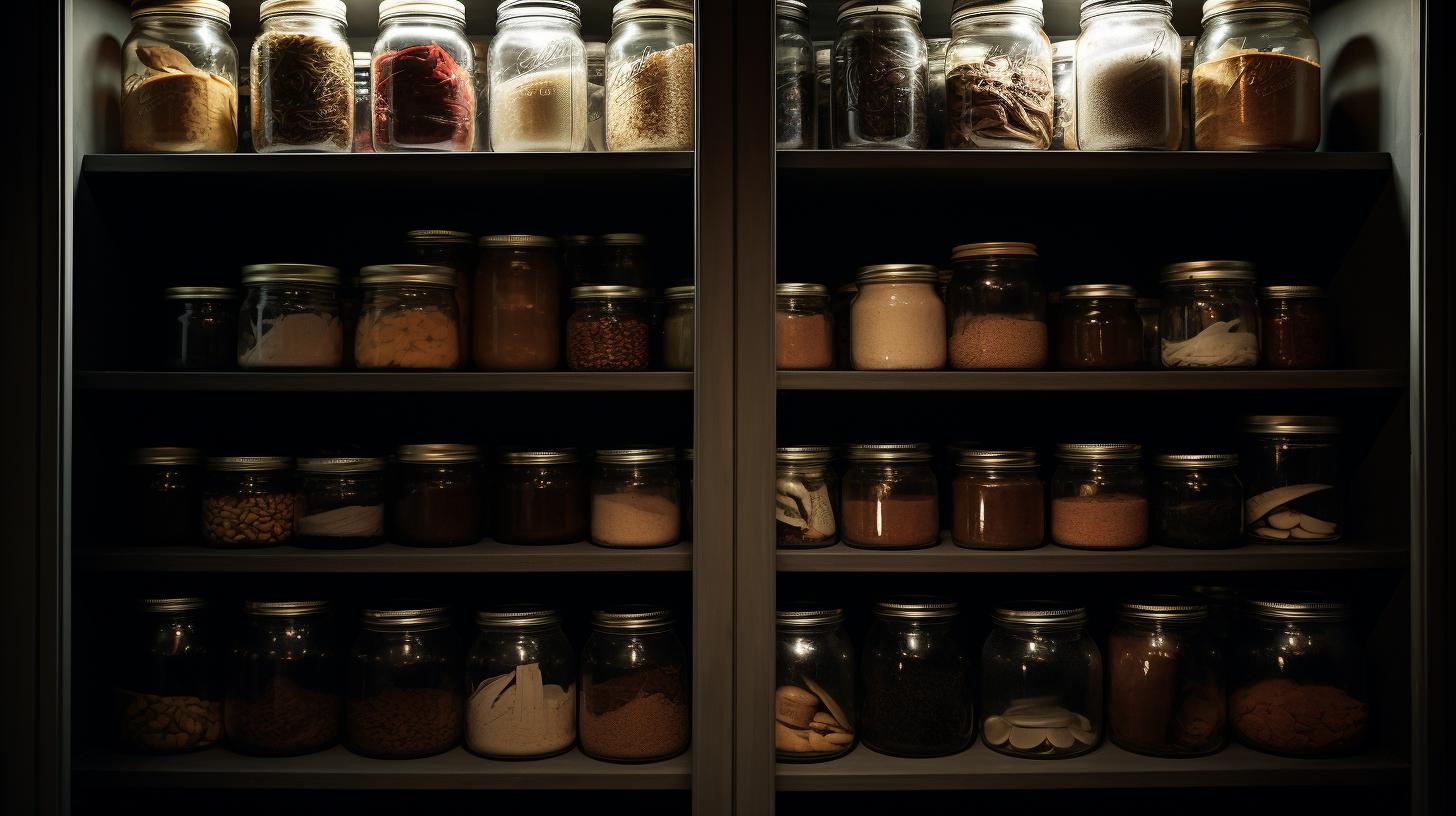Did you know that the pantry, one of the most serene places in your home, could harbor a silent killer? This might sound bizarre, but lurking behind those cans of beans and packets of noodles, is a hidden health hazard that may shock many. This silent killer is not a toxin or a harmful substance in its true form, but rather a common, everyday ingredient consumers often overlook – sugar.
Sugar is a part of our daily dietary requirements, as it aids in providing energy to the body. It is that sweet-slight-spark that enlivens our beverages and pastries, giving them their irresistible allure. But an overconsumption of this sweet delight can cause numerous health problems. Starting from obesity to heart-related ailments to chronic illnesses like diabetes, sugar could instead prove sinister.
The reality is this – we are unknowingly consuming more sugar than we need, leading to several negative health implications. You might believe that as long as you’re not stirring heaps of sugar into your tea or coffee, or indulging in candies, chocolates, and desserts regularly, you’re likely preserving a low-sugar diet. However, that isn’t necessarily the case as sugar sneaks into our diet under several disguises. It could be lurking in that seemingly healthy cereal, that can of tomato soup, and even in that pack of bread.
The truth of our modern diet is that sugar does not limit itself to candy bars and fizzy drinks. It infiltrates almost every aspect of our meals in various forms – fructose, glucose, sucrose to just name a few. And while the names sound different, the end result is the same. The body processes all these sugars similarly leading to potential health risks.
The first step to combating this ‘sweet poison’ is to become aware of its various masks and places of hiding. This involves scrutinizing food labels while grocery shopping. Predominantly, there are three types of sugars found in food – natural sugars, added sugars, and artificial sweeteners. While natural sugars found in fruits and vegetables are not harmful, the latter two are the culprits.
Sugars are often labeled in food packages under various names like dextrose, maltose, high fructose corn syrup, cane juice, and the likes. Anything ending with ‘-ose,’ essentially indicates some form of sugar. One needs to be alert of such details and limit their intake.
An important fact to remember is that many ‘healthy foods’ also contain added sugars in substantial amounts. From salad dressings to whole wheat bread, several foods advertised as ‘healthy alternatives’ carry hidden sugars. Therefore, it becomes imperative to check labels even on foods appearing healthy.
Now to the million-dollar question – how to limit sugar consumption and be more conscious of your health? Firstly, one should attempt to consume sugars in their natural form as much as possible, that is, through fruits and vegetables. Buying fresh produce and cutting down on processed foods can significantly reduce sugar intake.
Secondly, a tip to reduce reformed sugar intake is to gradually reduce its proportion in different food items. For instance, instead of taking two spoons of sugar in your coffee, take it down to one and a half and gradually to one. This way, your body gets time to adjust to the changing taste and you do not feel deprived.
Activating your culinary skills is another excellent way to control sugar consumption. Homecooked meals allow the scrutiny of every element that goes into it, allowing a better control over sugar levels. Plus, it encourages healthier eating habits which is always a bonus.
Lastly, try not to fall into the artificial sweeteners trap. They may seem to offer all the sweetness with none of the guilt, but in reality, it’s merely a devil in disguise. A host of research suggests that artificial sweeteners may actually increase your sugar cravings, lead to weight gain, and have negative impacts on metabolism.
To take back control of your sugar consumption is much more than just a decision for now; it’s a commitment to preserving your future health. Real change takes time, but the benefits of reducing your sugar intake can be quite profound. So, the next time you reach for that soda or an innocent-looking “healthy” snack from your pantry, remember the silent killer that could be lurking inside, and make your choices wisely. Because in the grand panorama of health, every small step matters.



